Cure Connect
Ventricular Assist Device (VAD)
A Ventricular Assist Device (VAD) is a mechanical pump that supports heart function in individuals with severe heart failure. If you’re considering a VAD, it’s important to understand how it works and what it means for your life.
A VAD helps your heart pump blood more effectively, especially if your heart’s left or right ventricle is too weak. This device is surgically implanted and can assist your heart in pumping blood to the rest of your body.
If you’re experiencing severe heart failure, your heart might not be able to pump enough blood on its own. A VAD can be used temporarily while you wait for a heart transplant (bridge to transplant), or it can be a long-term solution if a transplant isn’t possible (destination therapy).
The surgery to implant a VAD is significant and requires a hospital stay. You’ll be placed under general anesthesia, and the device will be connected to your heart. Post-surgery, you’ll need close monitoring as you recover.
Life with a VAD
Living with a VAD means regular follow-up visits to ensure the device is functioning correctly. You’ll need to carry a power source with you at all times, as the VAD requires electricity to operate. Additionally, you’ll have to take blood thinners to prevent clots from forming in the device.
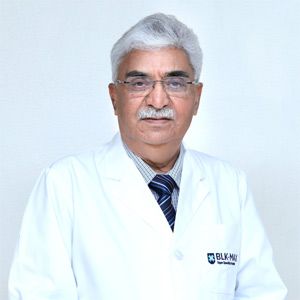
Dr. T. S. Kler
Chairman & HOD - BLK-Max Heart & Vascular Institute, Chairman Pan Max - Electrophysiology
Critical Cardiology, Non-Invasive Cardiology, Interventional Cardiology, Nuclear Cardiology, Cardiology, Electrophysiology And Arrhythmia Services, Technology For Heart Care Experience: 37+ Years

Dr. T. S. Kler
Chairman & HOD - BLK-Max Heart & Vascular Institute, Chairman Pan Max - Electrophysiology
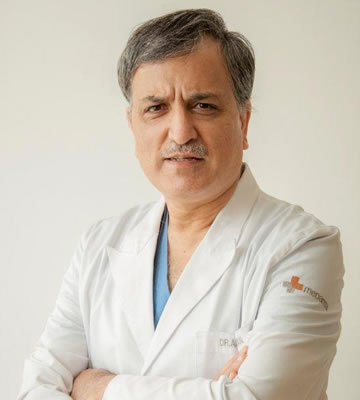
Dr Anil Bhan
Chairman, Cardiac Surgery, Cardiac Care, MCh (CTVS) , MS(General Surgery) , M.B.B.S.
Dr. Bhan is an outstanding cardiovascular surgeon and a graduate from Medical College Srinagar (Best outgoing graduate-Gold Medalist).

Dr Anil Bhan
Chairman, Cardiac Surgery, Cardiac Care, MCh (CTVS) , MS(General Surgery) , M.B.B.S.
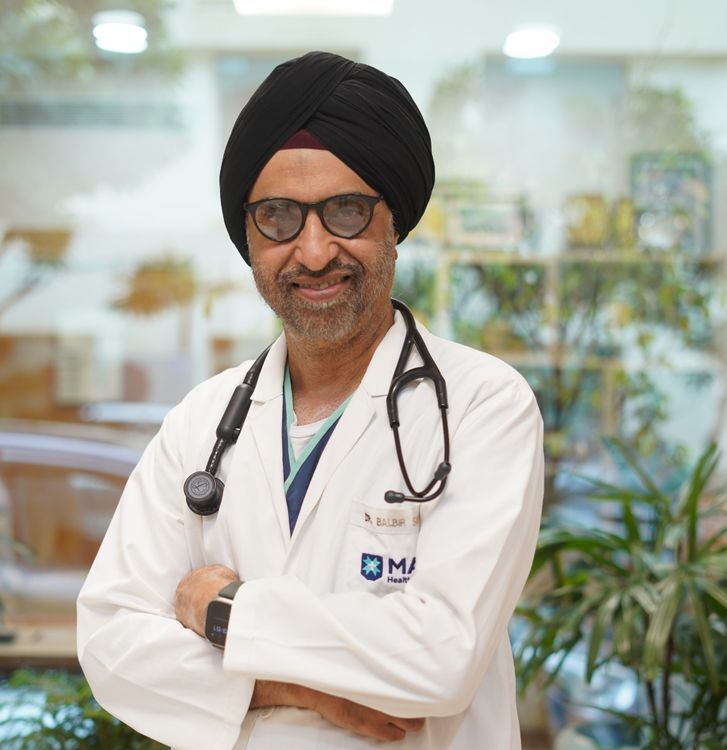
Dr Balbir Singh
Group Chairman - Cardiac Sciences, Pan Max & Chief of Interventional Cardiology and Electrophysiology, Max Saket
Cardiac Sciences, Cardiology, Cardiac Electrophysiology-Pacemaker, Interventional Cardiology Experience: 32+ Years

Dr Balbir Singh
Group Chairman - Cardiac Sciences, Pan Max & Chief of Interventional Cardiology and Electrophysiology, Max Saket
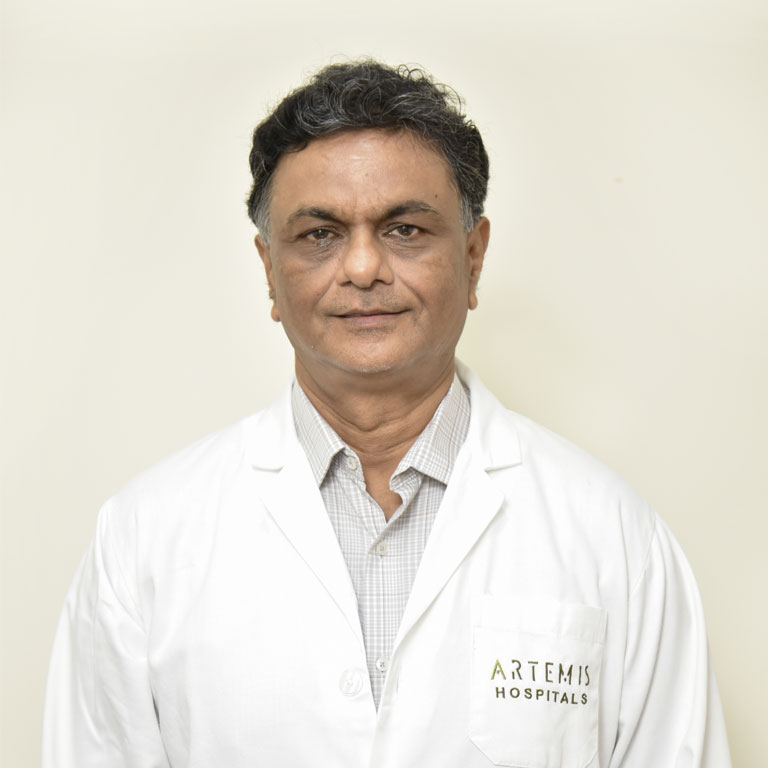
Dr. Sushant Srivastava
Chairperson Heart & Lungs Transplant MBBS, MS, MCh
MBBS, Patna Medical College, Patna, India MS (General Surgery), Patna Medical College, Patna, India, 1991 MCh (Cardiothoracic and Vascular Surgery), All India Institute of Medical Sciences, New Delhi, India, 1994

Dr. Sushant Srivastava
Chairperson Heart & Lungs Transplant MBBS, MS, MCh
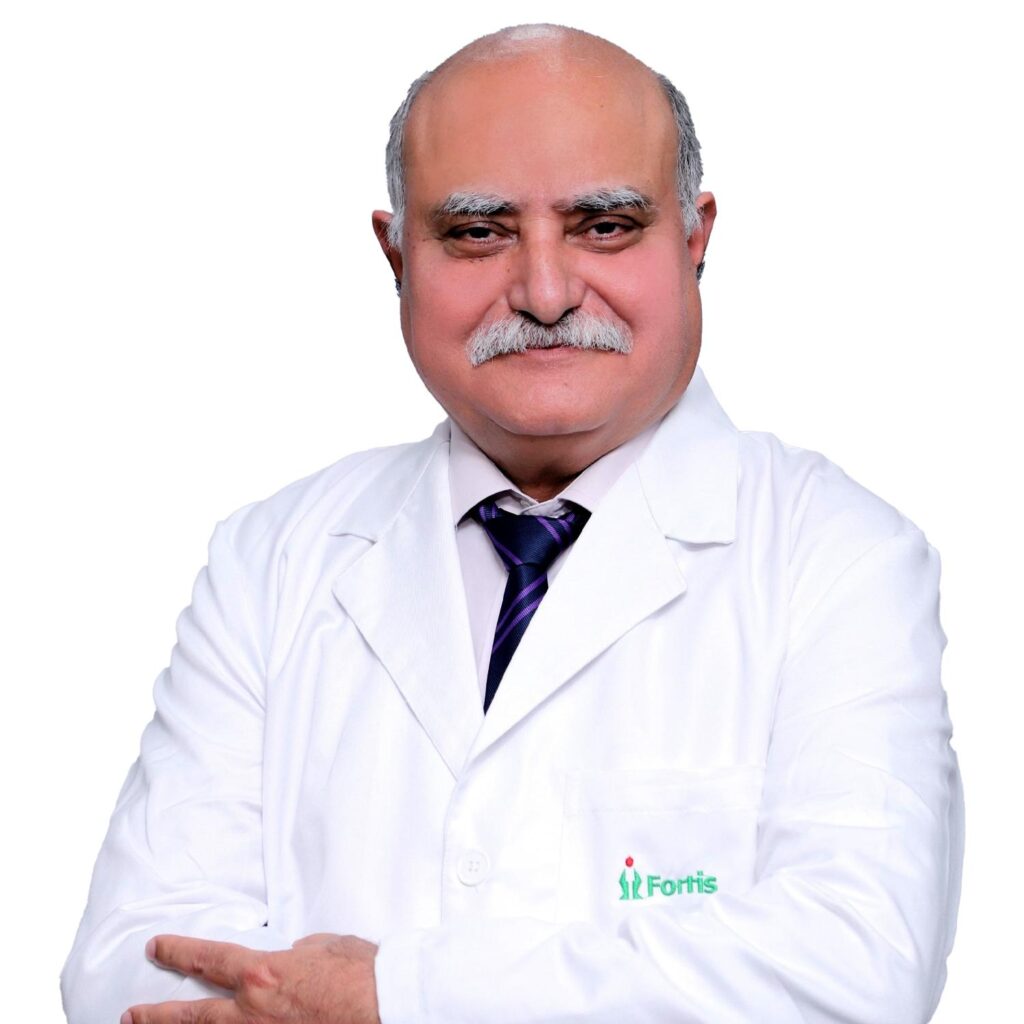
Dr Ajay Kaul
CHAIRMAN CARDIAC SCIENCE | Fortis Noida Cardiac Sciences | MBBS, MS (General Surgery), M.Ch (Cardiothoracic Surgery),
Adult CTVS (Cardiothoracic and Vascular Surgery) | Heart Transplant | Heart & Lung Transplant

Dr Ajay Kaul
CHAIRMAN CARDIAC SCIENCE | Fortis Noida Cardiac Sciences | MBBS, MS (General Surgery), M.Ch (Cardiothoracic Surgery),
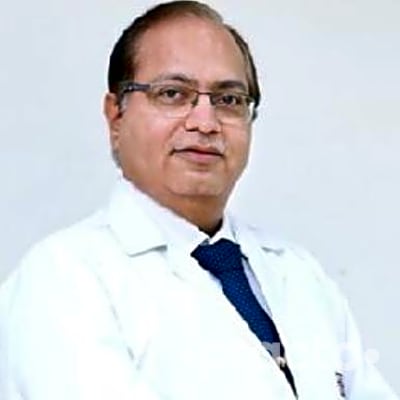
Dr Ramji Mehrotra
Vice Chairman - Cardiothoracic & Vascular Surgery Heart & Vascular Institute, Cardiothoracic And Vascular Surgery, Technology For Heart Care, Cardiac Intensive Care
Vice Chairman & Chief in Cardio Thoracic and Vascular Surgery (CTVS) Department at BLK Super Speciality Hospital, New Delhi.

Dr Ramji Mehrotra
Vice Chairman - Cardiothoracic & Vascular Surgery Heart & Vascular Institute, Cardiothoracic And Vascular Surgery, Technology For Heart Care, Cardiac Intensive Care
Plan Your Medical Tour Now
Plan your medical tour now with Cure Connect for seamless, affordable, and world-class healthcare services.
The Ventricular Assist Device (VAD) procedure starts at USD 55,000. This life-supporting device aids heart function for patients with severe cardiac conditions, providing critical support for those awaiting transplant or requiring long-term heart assistance. Contact us for further details.
Patients undergoing a VAD procedure typically require a hospital stay of 3 to 4 weeks. This extended period is essential for monitoring, device adjustment, and thorough recovery, ensuring optimal functionality and improved quality of life post-surgery.
The Government of India encourages medical visas and the process is easy and quick without much documentation after a confirmation from the treating hospital.



